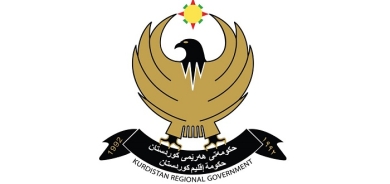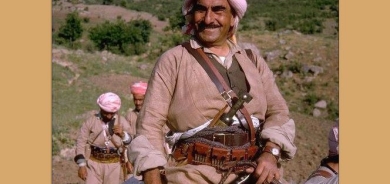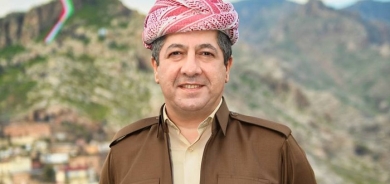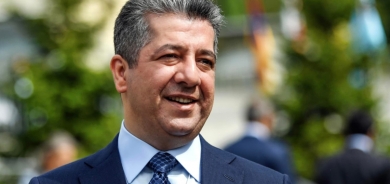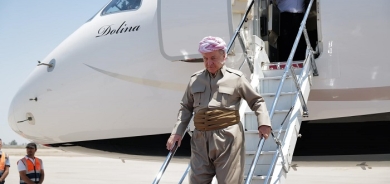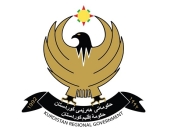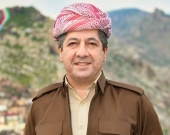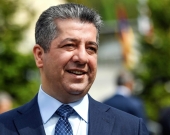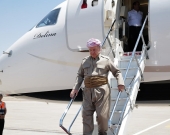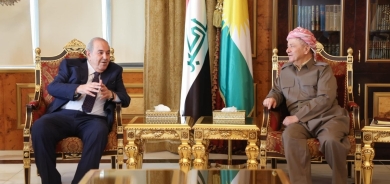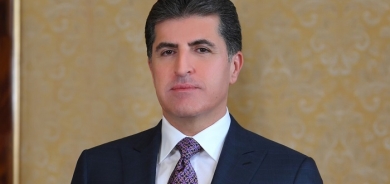Psychosocial support for children counters the legacy of violent extremism in Syria

In northeast Syria, the Islamic State and other armed actors have profoundly damaged children’s psychological, social, and academic growth. Exposure to extremist ideology and violence-infused schooling has left these children among the most vulnerable to the pull of extremist groups.
Growing up in ISIS-held territories, young Syrians have lived through traumatic experiences and may have been forced to participate in violent acts. Subsequently, many children have become desensitized to violence and developed symptoms of post-traumatic stress disorder. As a result, conflict-affected children urgently need mental health support.
Syria’s education systems should integrate mental health support into the everyday curriculum.
The children of ISIS fighters often live in isolated annexes of camps for internally displaced people or have been released into their communities of origin. They remain separated, often hidden from the rest of the population out of fear of retribution and discrimination. ISIS narratives were based on instilling fear and ruling through violence. These messages sought to reduce the influence of local leaders. People in receiving communities still perceive children of ISIS fighters to be radicalized and violent, considering them a danger to society.
Stigmatized children living in fractured post-conflict communities are often some of the furthest from support, yet if Syrian children’s psychological scars are left untreated, they will struggle to progress and develop in later life. To access these hard-to-reach children, Syria’s education systems should integrate mental health support into the everyday curriculum.
Chemonics’ work — embedding psychosocial support within schools’ day-to-day curricula benefits children’s mental health — in northeastern Syria over the past three years has yielded promising results. A recent evaluation comparing students who received psychosocial support with those who did not receive revealed that psychosocial support improved children’s ability to manage anxiety and depression, practice self-care and pro-social behaviors, and helped restore student’s hope for the future.
Through this work, these are the methods Chemonics has identified as successful ways of reaching children affected by violent extremism with psychosocial support, also known as PSS.
1. Offer teachers PSS training and promote it within the community
With U.S. and other international donor funding, the Chemonics-implemented supporting moderate education in Syria program, also known as Injaz, has aided the Syrian education sector in bringing PSS into classrooms and IDP camps.
Research and analysis conducted by Injaz in 2018 in the northeast region found that 85% of 7-year-old to 8-year-old students were struggling to read and write — nearly 30% failed to identify more than seven numbers. Over the past three years, the project’s blend of PSS care and targeted education interventions has opened up learning opportunities for traumatized children and given agency to burgeoning local governance institutions set up in the wake of ISIS’ defeat.
To reach learners in formal schools, training teachers on the core elements of PSS and how to manage and support emotionally distressed students is key. PSS training equips teachers with the ability to identify signs of stress, trauma, and anger, and better understand the role of schools and teachers in improving the psychosocial well-being of children. At its heart, the PSS curriculum enables students to form positive identities, foster a sense of community, and strengthen their emotional resilience.
Teachers achieve this by providing students with a routine that encourages productivity and participation, and by helping students improve sensory and movement skills to express the trauma they have suffered. The curriculum uses internationally recognized clinical tools to gauge young people’s perception of self-worth, belonging, anxiety, and hope for the future to measure progress.
To increase support for the PSS curriculum, working with community-based organizations, parents, and community members through outreach events can help to break down the stigma surrounding psychosocial initiatives. During the launch phase, Injaz’s mobile psychosocial support teams visited community centers and IDP camps, inviting caregivers and community members to take part in games and group activities infused with PSS messages. These sessions demystified PSS practices and laid the foundation for educators to start using PSS practices.
2. Offer positive counter-narratives
A key element in offering PSS is understanding the pull factors that ISIS employed to attract and influence individuals. ISIS convinced children that they were part of a strong and powerful community that rewarded loyalty and commitment. ISIS used these messages to exploit and manipulate children.
Our work shows that creating an inclusive and empowering environment can aid community recovery efforts. Injaz’s PSS programming created a positive counter-narrative to foster a sense of belonging and identity within schools and the community. Teachers created opportunities for children to make important decisions, providing them with a sense of control and authority. For example, children are encouraged to jointly develop a classroom code of conduct and consequences for not abiding by it. With supervision from their teachers, students are empowered to uphold their code. This activity contributes to children’s sense of belonging and responsibility toward the community.
Past ISIS atrocities still loom large and the regime’s divisive culture continues to permeate Syrian society. Syrians are scarred by a state-sponsored system that rewarded surveillance, blaming, and corruption. Seeking to support the development of an open and inclusive environment for all citizens, we recommend providing PSS facilitators with intensive training and continuous coaching on how to facilitate safe and supportive discussions. These conversations foster an environment free of judgment where probing questions and broad participation by children are encouraged.
3. Care for the caregivers
Through our work in this area, we have learned that investing in the perseverance of frontline responders improves care for children affected by war.
PSS providers have an emotionally taxing job; they hear about difficult and traumatic — often triggering — experiences every day. With limited counseling services available in northeastern Syria, overburdened staff struggle to refer children to specialist providers. Psychosocial support workers themselves often struggle to access the counseling services they need to do their jobs effectively.
Recognizing that caregivers can only provide emotional support for children when they are first caring for themselves, we recommend connecting staff to remote counseling services. Injaz helped staff manage burnout and set realistic expectations when it comes to providing care. Accepting their own contextual limitations empowers staff to fulfill their roles as best they can.
The scale of and stigma surrounding Syria’s child mental health burden makes treatment an uphill struggle. Building support for PSS across the community of local partners, teachers, and caregivers, and mainstreaming the techniques in schools has allowed Injaz to reach children who are both most at risk of radicalization and most in need of psychosocial support. By building this broad-based support and participation across schools and society, children can come together and build emotional resilience free from the fear of stigmatization.

